How Should I Start My Watch Collection?
The right watch doesn’t only tell time—it tells your story. Whether you’re into style, history, engineering, or just love wearing something meaningful, collecting watches is one of the most rewarding hobbies out there. But how do you start without getting overwhelmed or making expensive mistakes? I’ll break down exactly how to start your watch collection the right way, including budgeting, where to buy, what to look for, and long-term collecting strategies.
The Most Important Step in Starting a Watch Collection: Setting a Realistic Budget
Your luxury watch budget should be based on more than just your income level. It’s a combination of what you can afford and what you’re willing to spend on a watch. Don’t buy a $30,000 watch if you don’t own a piece of real estate yet, for example. Be smart with your money and consider your income, savings, and priorities.
If you’re young and single, you might have more discretionary income. If you have a family, your expenses are higher (I have three kids; my life is expensive). Please avoid going into debt for your first grail.
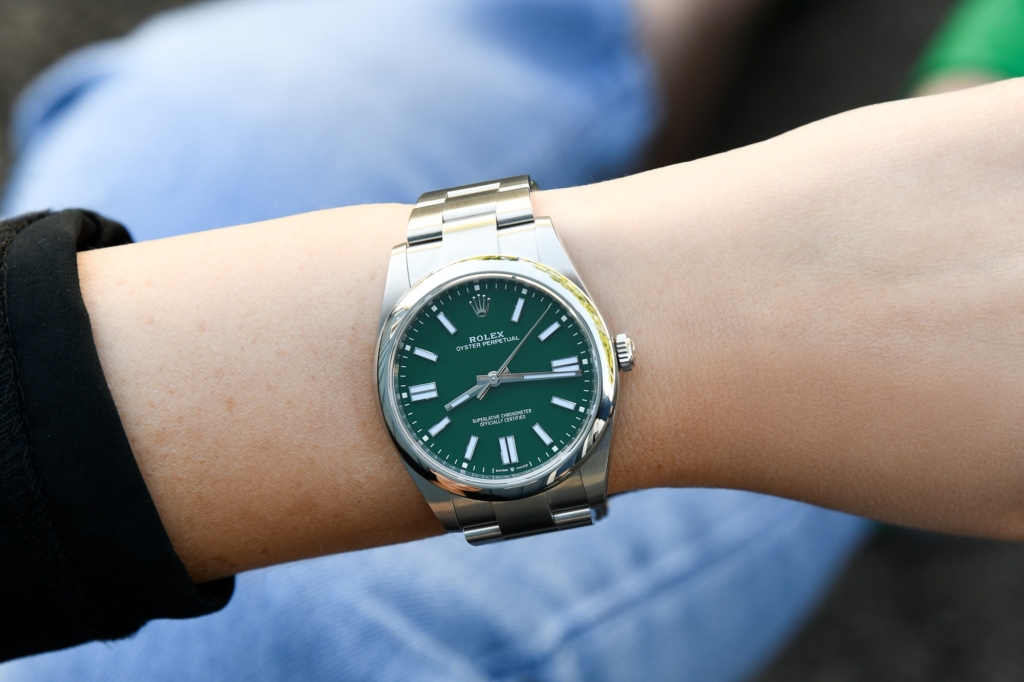
At the end of the day, a $300 watch will show you the time just as well as a $300,000 watch. There are great watches at every level, so first establish the general price level you’re comfortable with. Once you pick your price tier, try to find the best watch within that tier. For example:
- Under $300: Casio, Seiko, and Timex own this tier.
- $300 to $1,000: Tissot, Hamilton, and Citizen are all worth a look.
- $1,000 to $5,000: Longines, Tudor, Omega, and Breitling options abound at this level. There are even some Rolexes available under $5,000, and we put together a guide to all the best luxury watches under $5,000.
The cutoff for “true” luxury watches is usually somewhere around the $3,000 price range. You have numerous choices for worthwhile pre-owned watches at the $3,000 level. Remember, setting a budget is not just based on what you make but what you’re comfortable with and also enjoy wearing.
More on Entry-Level Watches:

Identifying What Matters to You
When starting a watch collection, do your due diligence and first identify what’s important to you. Consider factors like:
- History: Do you prefer names with a storied history, or fresh newer brands? There are plenty of legacy brands—Rolex, Omega, Patek Philippe, Seiko, Audemars Piguet, etc.—as well as independent brands like NOVO, Baltic, Ming, and MB&F, depending on your budget.
- After-Sales Service: Unusual watches from niche brands can be fun, but also harder to service.
- Origin: Do you have a preference for a Swiss, German, or Japanese-made watch? Those countries are really the only three major players in the luxury watch world at the moment.
- Quartz or Mechanical: Collectors tend to focus on mechanical watches, but if you’re willing to consider a quartz watch, there are numerous high-quality pre-owned options in the $1,500-$2,500 range, especially from brands like Grand Seiko.
Don’t be afraid to use forums and YouTube channels to ask questions, share your pickups, learn from mistakes, and get advice. The watch world may seem niche, but the collector community is huge and offers many benefits. It will add more fun to the hobby.
Innovation and Design
True innovation in the luxury watch world is actually quite scarce, and it often comes from smaller independent brands. Design, meanwhile, is arguably the biggest driving factor in the watch world. You can opt for an iconic watch designed by Gerald Genta, the man behind the Royal Oak and the Nautilus, or perhaps something more obscure like an Ikepod watch designed by Marc Newson.
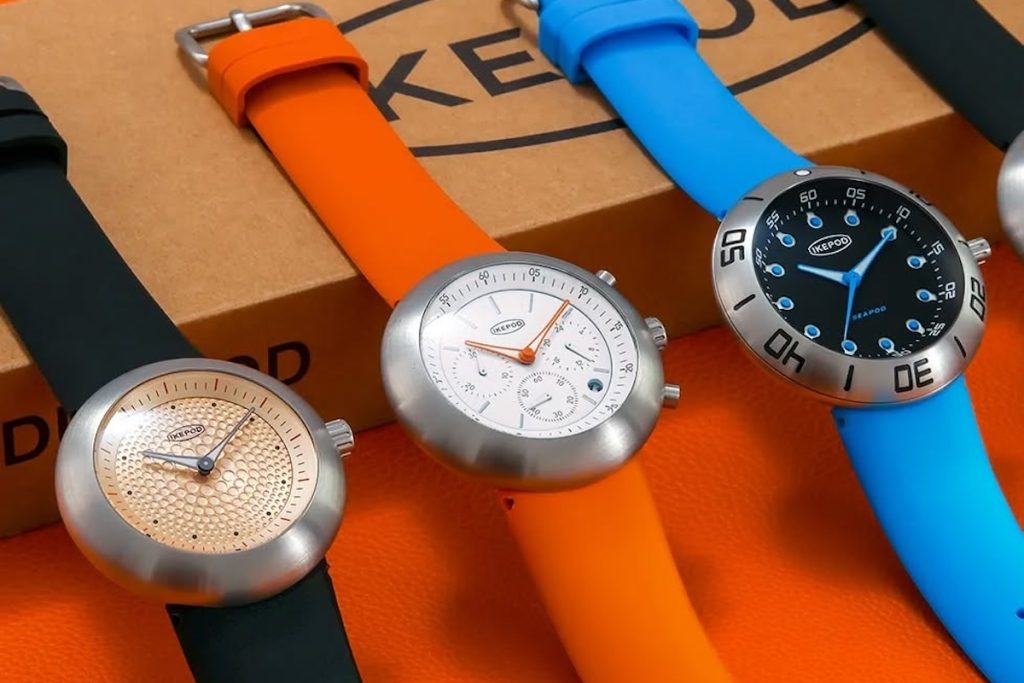
If you prefer traditional design, brands like Breguet might appeal to you. You can look at our guide to the top luxury watch brands to familiarize yourself with some of them.
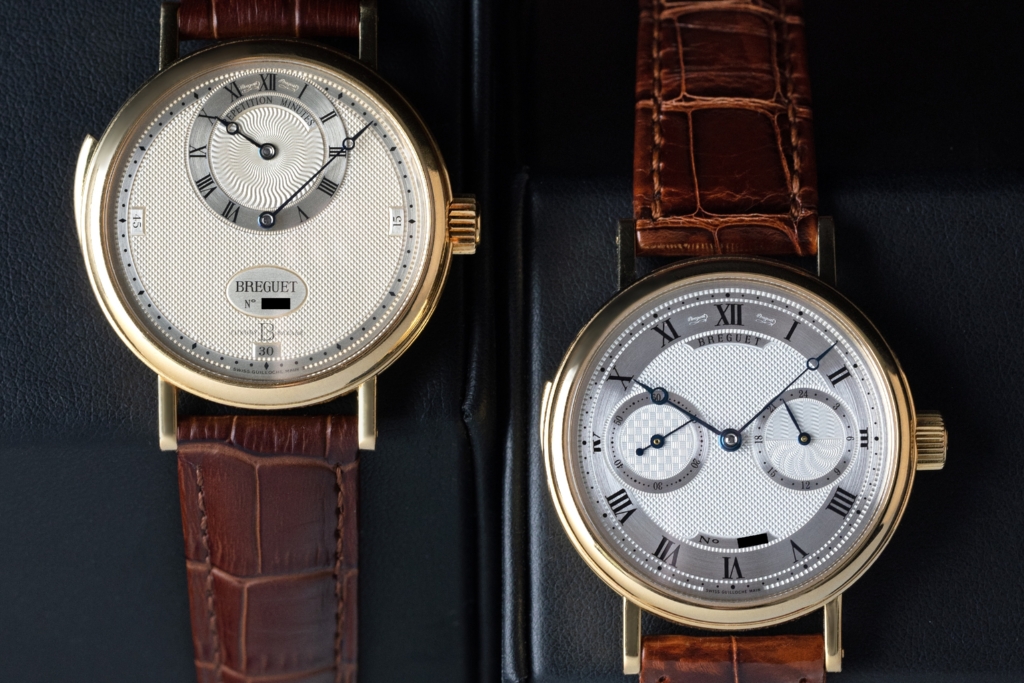
When Starting a Watch Collection, Define Your Collecting Goals
Define a goal: Are you collecting for style, investment (hopefully not), or sentimental value? Segment your watches—travel watches, dress watches, etc. Choose a direction, but stay flexible. Your preferences may change over time, as new models are released or your tastes evolve. You might even switch from modern to vintage watches, which opens up a whole new world, as watches have been made for hundreds of years.
Where to Buy Your Watch
You have several options for buying watches:
- Authorized Dealers: Guaranteed authenticity, but limited availability.
- Gray Market: Places like Luxury Bazaar offer a wide selection.
- In-Person Options: Watch shows, local jewelers, and collectors trading among themselves.
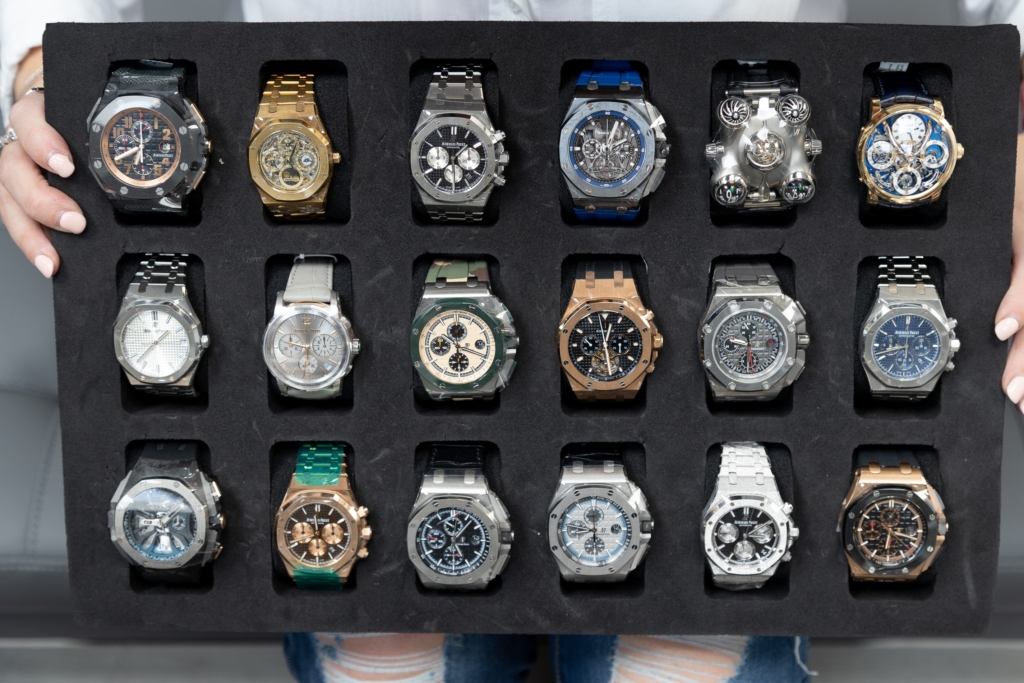
To decide where to buy, first determine what you’re looking for and shop around. Most watches are cheaper on the secondary market, especially if they’re pre-owned. Some watches, especially vintage models, are not available at authorized dealers.
Always know who you’re buying from and ensure their reputation is stellar. Just because someone is authorized doesn’t mean they have a great reputation.
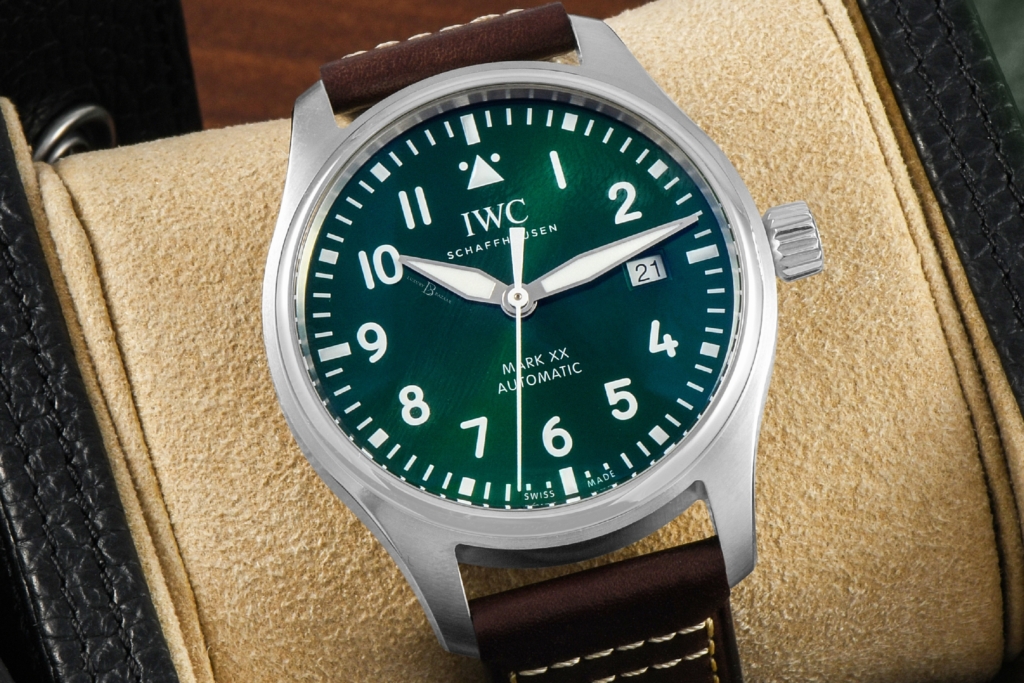
Watch Care and Maintenance
Even if you’re just starting a watch collection, maintenance is something to keep in mind. Some mechanical watches need servicing every 3 to 5 years. Others can easily last up 10 years without service. Service is like an oil change for your watch.
Avoid magnetic fields, extreme temperatures, and water (unless your watch is rated for it). Use a microfiber cloth, soft brush, and mild soap for cleaning.
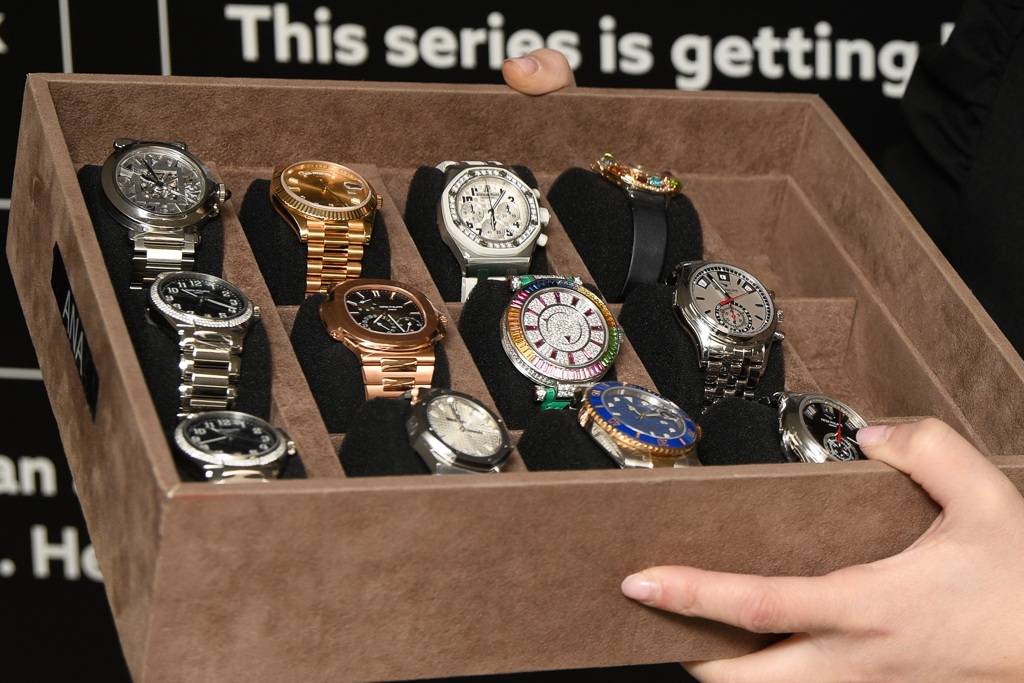
Servicing a Rolex at an official service center typically costs between $800 and $1,000, while a decent independent watchmaker might charge closer to $600. Factor maintenance into your budget, just as you would with a car.
The Art of Resale
If resale value is important to you, remember: watches are not investments—they are expensive toys and should be treated as such. Most of the time, you will take a loss when selling a watch.
The seller made a profit, and if you sell, the buyer will look to make a profit as well. Moving from new to used means losing value, with few exceptions. Steel sports watches from Rolex tend to hold their value best.
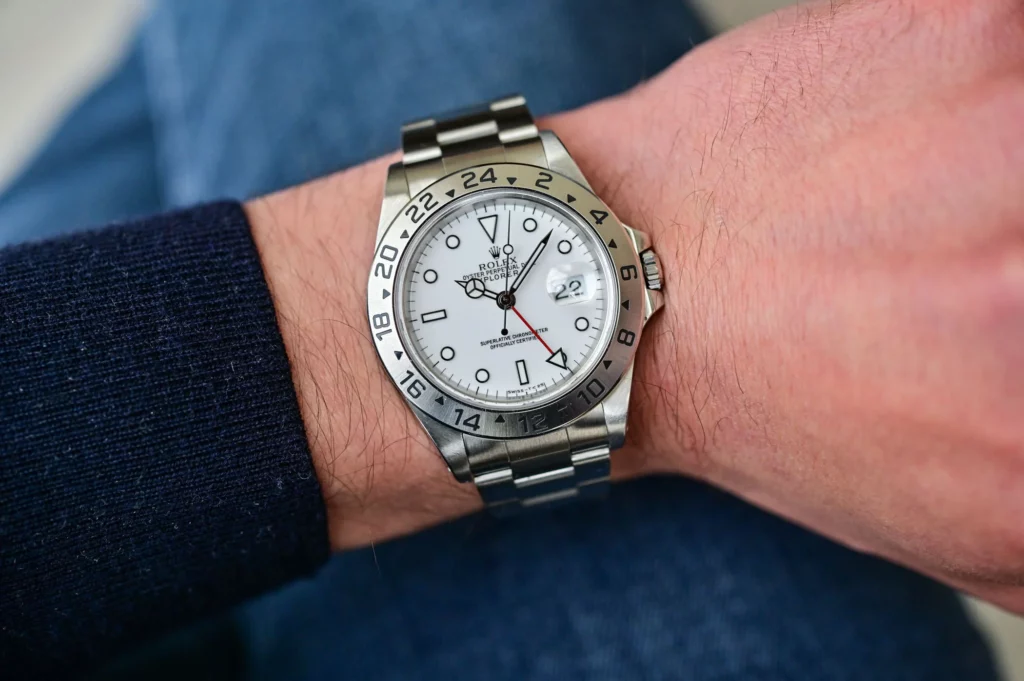
If buying new from an authorized dealer, use the internet to check the reference number and compare secondary market prices on sites like WatchRecon.
Boxes and papers are very important for resale. Always keep them safe and dry, as they add value to your watch.
Starting a Watch Collection: In Conclusion
Starting a watch collection does not have to be complicated. Set a budget, look at some brands you like, narrow your choices based on your preference between classic and avant garde design, and find what speaks to you. Let your curiosity lead the way.
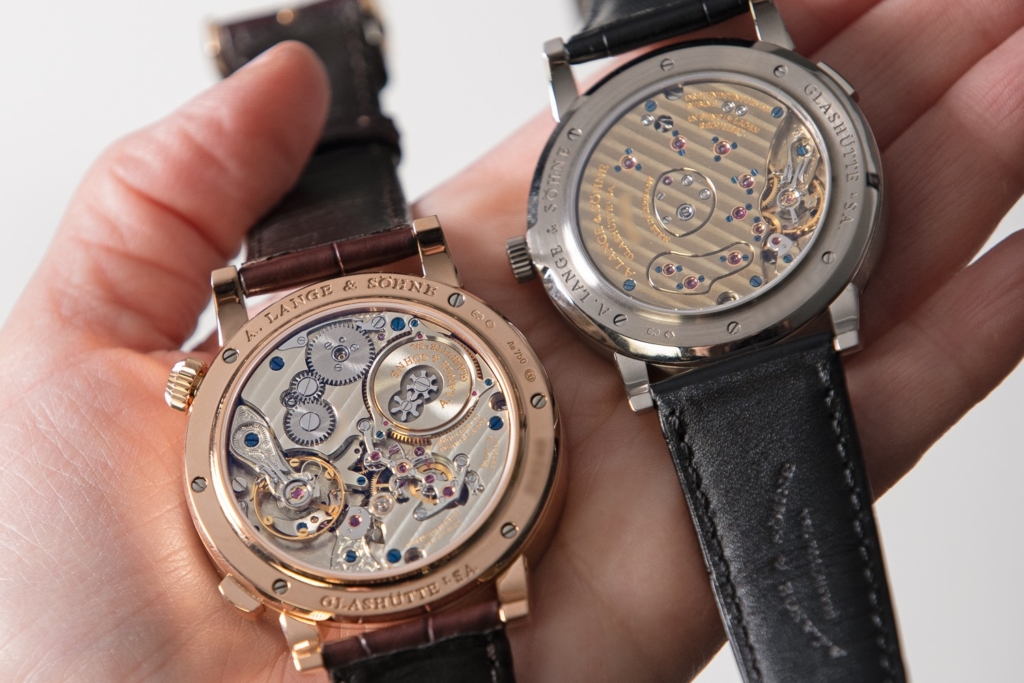

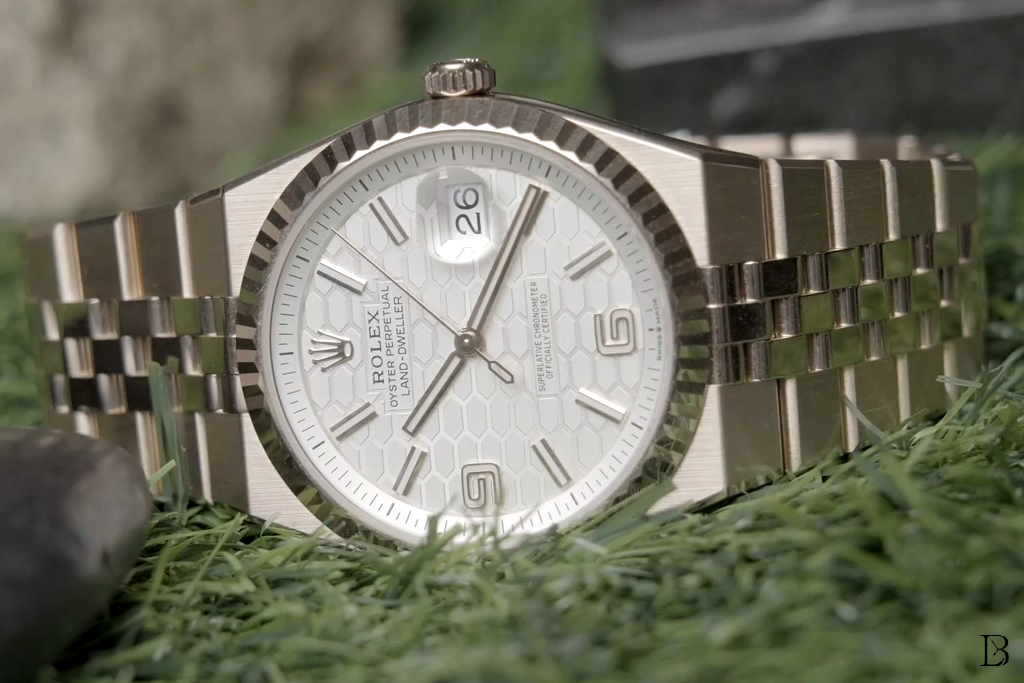
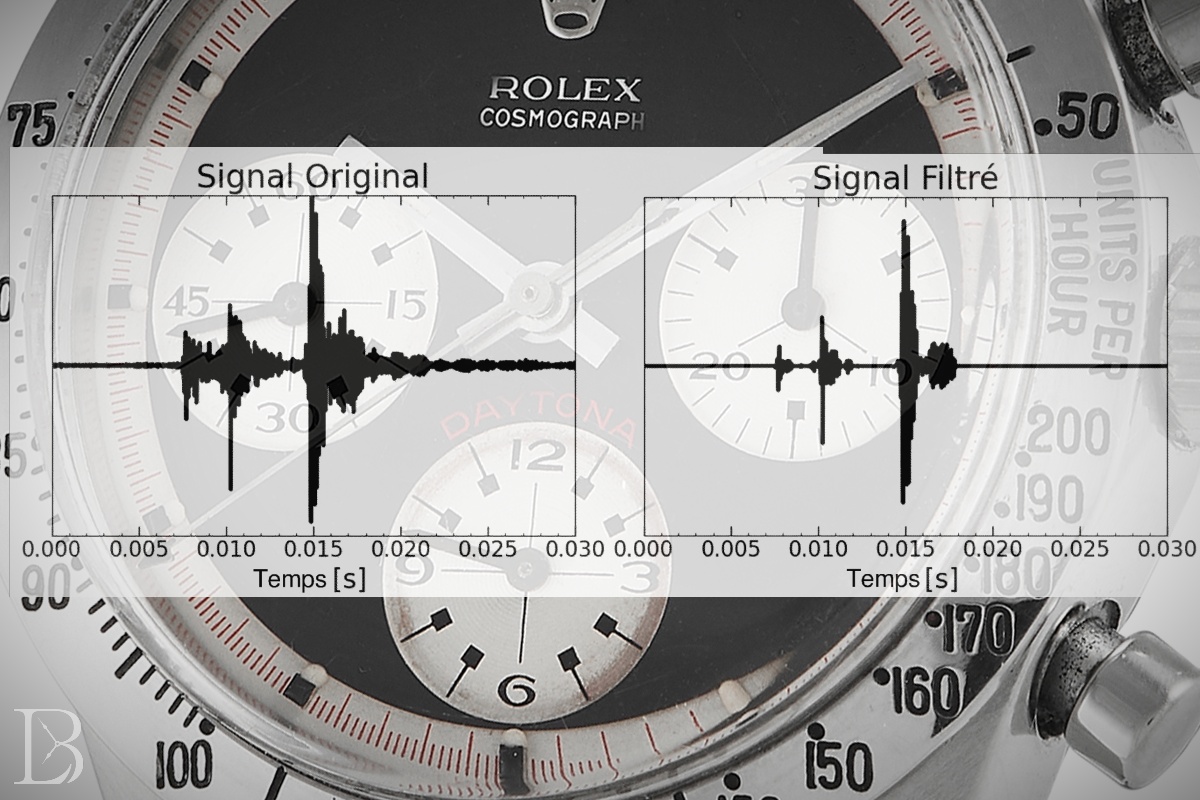
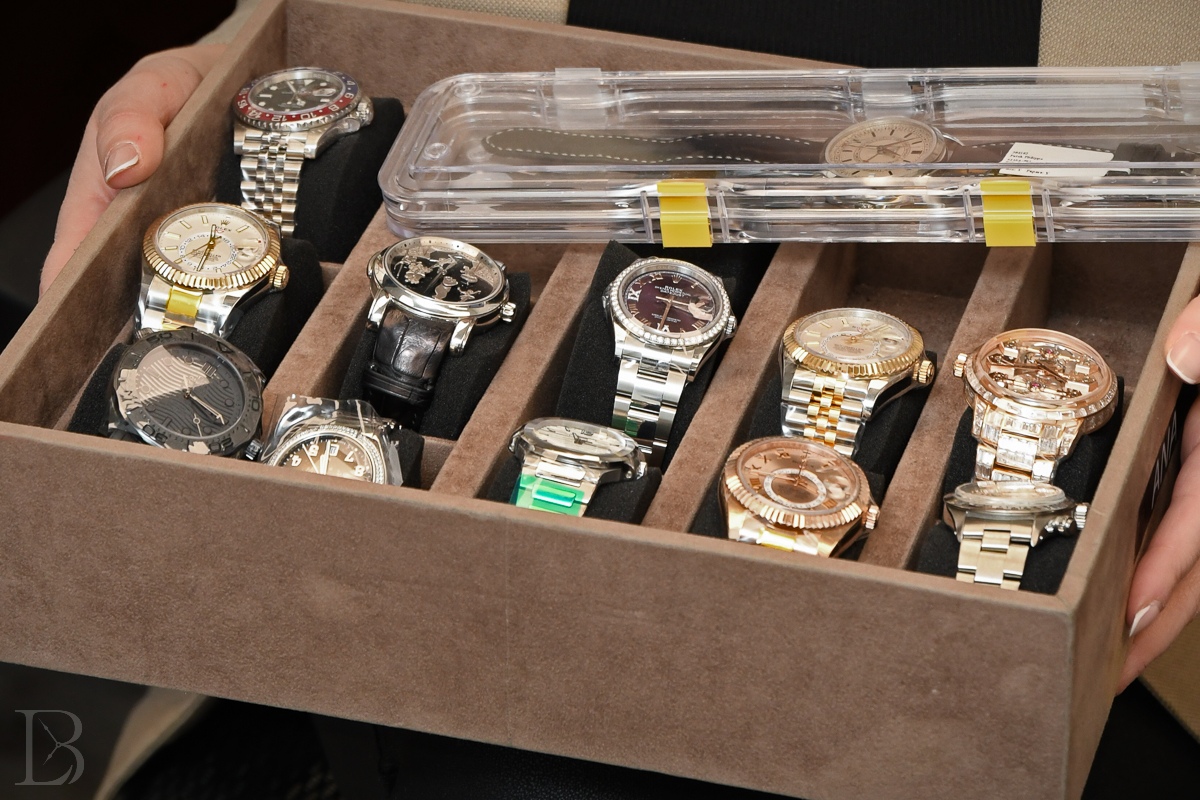
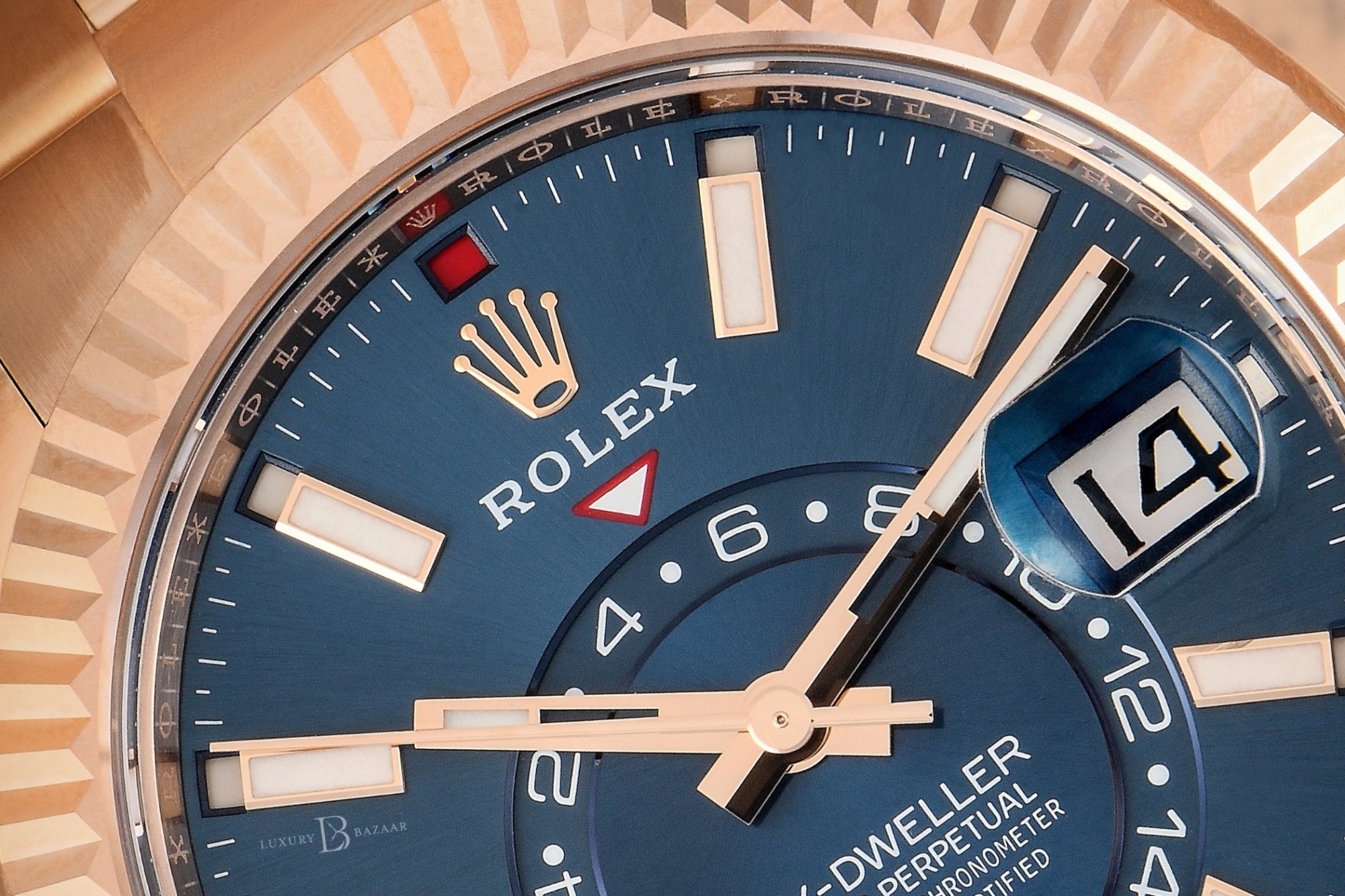

Leave a Reply